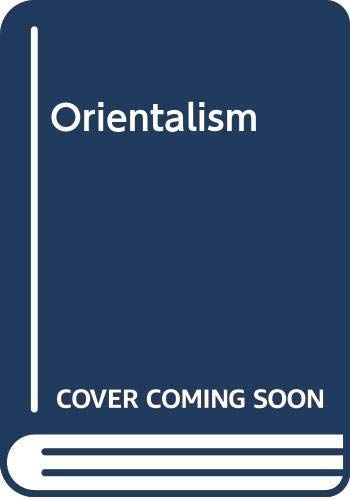Reviews
Mae@maeeam
Winona @notnoni
Arianna M@letterarii
Hatem Abdelmowgoud @iammowgoud
elif sinem@prism
Maria-Stefania Popa@mariastefpopa
Karim Nas@karimnas
farro@farvvana
Lucy Newlinds@lucynewlinds
Niki Sotiropoulou-Nassika@nikisn
🍅@oogwayascends
J★@613street
Tanja Rintala@tanjarintala
Emily Burns@emilymelissabee
Atticus Cameron@atticspaced
Martha F.@marthaq
Stan D@tragikistan
Angie Lee@angielee
Ratna yuriasari@ratna
Katerina Matzavinou @matzkat
Félix@felyxorez
akira@knwife
Catarina Mendes@catarina-mendes
jenn kause@kote
Highlights
nhu ⋆𐙚₊˚⊹@nhuelle
Page 108
nhu ⋆𐙚₊˚⊹@nhuelle
Page 104
nhu ⋆𐙚₊˚⊹@nhuelle
Page 94
nhu ⋆𐙚₊˚⊹@nhuelle
Page 86
nhu ⋆𐙚₊˚⊹@nhuelle
Page 60
nhu ⋆𐙚₊˚⊹@nhuelle
Page 41
nhu ⋆𐙚₊˚⊹@nhuelle
Page 39
nhu ⋆𐙚₊˚⊹@nhuelle
nhu ⋆𐙚₊˚⊹@nhuelle
Lucy Newlinds@lucynewlinds
Page 313
Lucy Newlinds@lucynewlinds
Page 306
Tomás Marulanda-Mesa@tomasmm
Page 15
Namera Nous@nameranous
Page 108
Namera Nous@nameranous
Page 108
Namera Nous@nameranous
Page 97
Namera Nous@nameranous
Page 94
Namera Nous@nameranous
Page 86
Namera Nous@nameranous
Page 32
Namera Nous@nameranous
Page 16
Namera Nous@nameranous
Page 12
Namera Nous@nameranous
